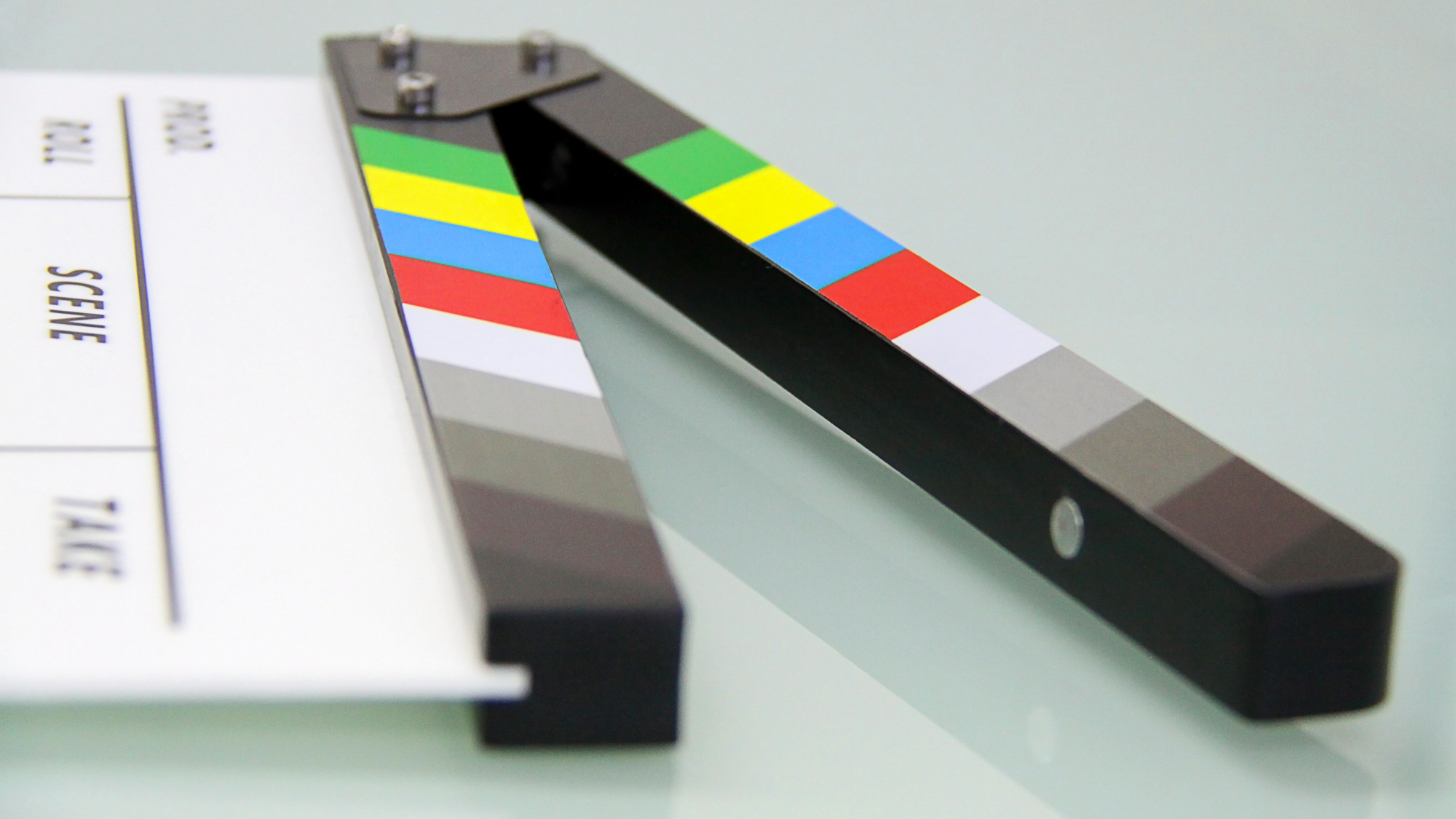Views expressed in opinion columns are the author’s own.
The story begins as a covert U.S. operation led by an ex-military mercenary in some random Middle Eastern country. Between the guns, explosions and close calls with local terrorist organizations, the audience immerses into a theme of fear and violence within the Arab world.
I just quoted the storyline of at least six different action movies I watched this year.
The Arab villain is a common stereotype in Hollywood movies and films. Growing up, I rarely encountered Muslims or other MENA characters outside of villain roles.
Films and shows such as American Sniper, Argo and Hurt Locker use recycled tropes of terrorism and violence to portray Arabs, which contribute to Islamaphobic sentiments that have arisen since 9/11.These adverse portrayals sometimes are the only exposure western audiences have of Arabs, which reinforce negative stereotypes.
As such, Hollywood plays an integral role in ending systemic Islamophobia and MENA discrimination. We need positive MENA representation and more diverse storytelling in films and shows.
There are already many unique MENA stories and perspectives that could enrich western storytelling if they are just given a chance. Many western streaming services neglect or don’t stream MENA films, which leaves MENA Americans such as myself using glitchy cable channels to watch these films or shows.
Better representation of ethnic diversity is possible in Hollywood. I, along with many other MENA and Muslims, have watched as Hollywood improved its representation of other diverse ethnicities and religions. Growing ethnic and racial diversity benefits Hollywood because audiences resonate and fully relate to the characters on screen, which increases engagement.
Working with MENA-based filmmakers and storytellers can also help western media producers bring greater diversity to our stories and target the current stereotypes in film. Similar to the expansion of Korean culture into mainstream American culture through K-dramas, MENA culture could engage non-Arab American audiences and boost viewership if given the opportunity.
We can increase storytelling power and share interesting perspectives by shifting the focus of current plotlines. Removing the Arab villain and introducing Arab protagonists, can engage audiences beyond the usual trope.
Films such as Crazy Rich Asians and Black Panther are a tribute to the shifting perspectives and storytellers in Hollywood. Yet, this diversity seems to fall short when it comes to MENA representation, with less than two percent of film leads in 2020 being of MENA descent.
The transition to incorporate foreign MENA production into streaming services would be relatively easy because many already exist. Just last week, I watched a popular Arab show with my family, which had been filmed, produced and aired in many MENA countries.
Incorporating these releases into streaming services would not only make it easier for Arab Americans such as myself to access them, but also introduce non-Arab American audiences to positive and multidimensional MENA stories.
The ‘us versus them’ bias that is already prevalent against Arabs could be eradicated by adding MENA films and movies onto streaming services such as Netflix and HBO Max. Every Ramadan, there are releases of Arab films and shows that many MENA families such as my own enjoy.
Normalizing Arab perspectives and stories on larger streaming services would ultimately benefit them. American audiences have proven to have a vested interest in Arab dramas and by providing more services to engage them, could increase consumer interest and subscriptions.
It will not require any momentous changes to reverse the harmful stereotypes of Arabs and the cycle of Islamophobia in the United States. In fact, uplifting MENA voices and fostering their perspectives and experiences can add needed dimensions to the superficial stories that are already being told.
I look forward to blockbuster action movies with MENA film leads rather than the same old villain trope. By shifting the perspectives and influencing change, we can build a more diverse American culture that also embraces Arab culture and Arab Americans.
Dalia Mustafa is a sophomore economics and government and politics major. She can be reached at dmustafa@terpmail.umd.edu.



